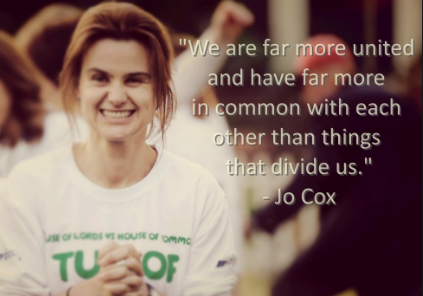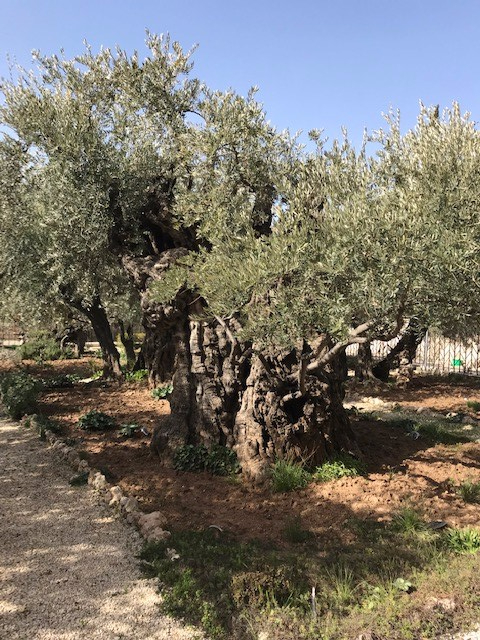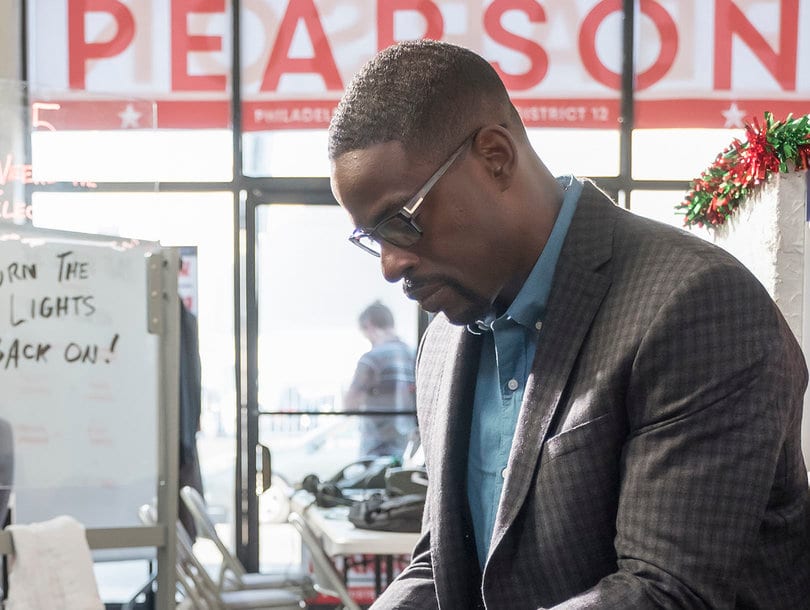My husband Joe and I were in the Garden of Gethsemane in late January. The olive trees, gnarled and old, will stay with me for a long time. Our guide told us some olive trees live up to 2000 years. So, the olive trees we gazed upon that day are connected, somehow to the olive trees that Jesus was among on his last night with friends. Continue reading “Gethsemane”
Walking Alongside – then what?
A vision of two people walking a dusty road for seven miles as they leave Jerusalem, heading toward Emmaus. Their steps are heavy, but I do not see them as broken. Their story is recounted in Luke’s Gospel, chapter 24. They are Cleopas and the other one, who leave on Easter Sunday, headed home. But we had hoped, is the phrase that defines this walk. They had hoped that He (Jesus) was the one to redeem Israel. Perhaps you know the story. These two are joined by a third, who asks questions, and is told the story of the one these two were following, and of his death. They have heard from some women in thier company that he has not stayed dead, but they are not convinced. Continue reading “Walking Alongside – then what?”
Deathbed advice
This is us is back on tv. Its a show about a family of triplets – yes it is a LONG story. But in this week’s episode, Randall, who is the voice of morality, the voice of his father (both of them) the voice of vision, spoke to a pastor in a diner.
The pastor said this – “I give a lot of deathbed advice.” And then he said, (ok I didn’t take it all down word for word), “when you make a hard decision, think about you, old and gray, laying with a pink nursing home blanket over you. Think about what you did in your life that makes you smile. That makes your dad proud.” Well, yes. Continue reading “Deathbed advice”
“We are far more united and have far more in common with each other than things that divide us.”

Between now and Christmas Day, you’re going to hear me say this a lot – We have more in common than divides us. It’s what I want for Christmas, my friends, a discussion, a movement, a state of being that acknowledges how much more we have in common than that which divides us. I’m a pastor, and for me, this is an issue of worship and culture. Every culture has worship practices and choices that give us warm fuzzies. I know you have stories. I have stories, too. Stories about Christmas in New Orleans, with lots of gumbo, and Christmas in Korea, where we bought a Christmas tree from JC Penney and had it shipped to us and it still was cheaper than a fir tree would have been in Seoul.
But, the issue is deeper than these stories. We are feeble creatures, some times, and use the differences between people to create barriers – to build walls – that leave us in a supposedly safe place where we are never challenged, and our own warm fuzzies rule the day.
But we are all different. My Christmas memories are different from yours. Can we start here, talking about leaning into each other’s traditions and cultural moments as a movement that could change the world. Yes, I mean change the world.
The picture on this blog and the quote is from Jo Cox. Jo Cox was killed on June 16, 2016. She was a member of parliament in Great Britain. I admit to you I know next to nothing about British politics. What I know is that Jo Cox was an MP trying to build bridges. Her most famous quote is the one referenced above, “We are far more united and have far more in common with each other than things that divide us.”
To my ears, and maybe to yours, that’s a very different statement than what I hear from many corners today. The strident voices which divide our country, our families, our churches in to two sides have never heard about Jo Cox, and her words of unity. I would like to change that.
Jo Cox was just a woman. Just a mother. Just a wife. Just a member of parliament trying to do good. And she was killed – stabbed – by a man who was convinced that her liberal point of view were going to destroy the world. This man was mentally ill, not just an opinionated person who disagreed with Jo. But he stabbed and killed her, and silenced her voice. But did he?
I would like you (and me) to find our voice instead. To find Jo’s voice. A voice that speaks truth that will not let us retreat into our secular or religious corners of the world, where the “way it was when we grew up” is not assumed to be the only way, or even the best way.
When I lived in San Antonio, several years ago, I discovered Tamales. For christmas Eve. It changed my life. Tamales, fresh from the local vendor who made them himself, along with some great chili con queso, sour cream and hot sauce, makes Christmas Eve so special! Every Christmas eve since I left San Antonio has been missing something if I can’t find great tamales. A tradition I discovered when I was past 40 is now overlaid over the German Lutheran traditions from middle America that make up my childhood memories. It is a good thing.
So, I invite you to begin with your Christmas traditions. Add some new things -even if they make you uncomfortable. Because learning something new from another tradition is the fountain of youth. It keeps us young, it keeps us alive. Who knows what we will change next? Today Christmas, tomorrow the world.
Be like Jo Cox. Speak for what we have in common – Humanity, caring, family, love. Because “We are far more united and have far more in common with each other than things that divide us.” – Pastor Patricia
See you at church, at Holy Cross Lutheran 1998 Lansing Ave NE., Salem, OR 97301. www.holycrosslutheran-salem.org 503 364 6041
Make me a servant
I’m reading a period novel right now about Revolutionary War times. 240 years ago in this country. Much of the focus of the novel is on the servants – the ones who get the work done, while the prominent family members do important things like go to parties, and rub elbows with powerful people. I wonder if anyone reads these books and identifies with the ‘gentry’? I know I don’t. But, in the romanticized world of these servants, it seems the worst thing that heppens to them is sleepin on a pallet in the kitchen. History’s perspective in my lifetime has pointed out the vulnerability of servants (and even more so for slaves) that reveals the extremes of abuse that a servant can experience at the hands of a master.




